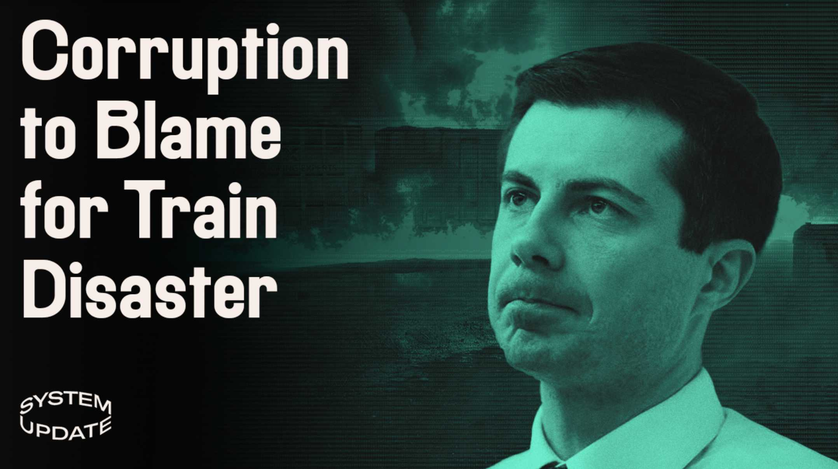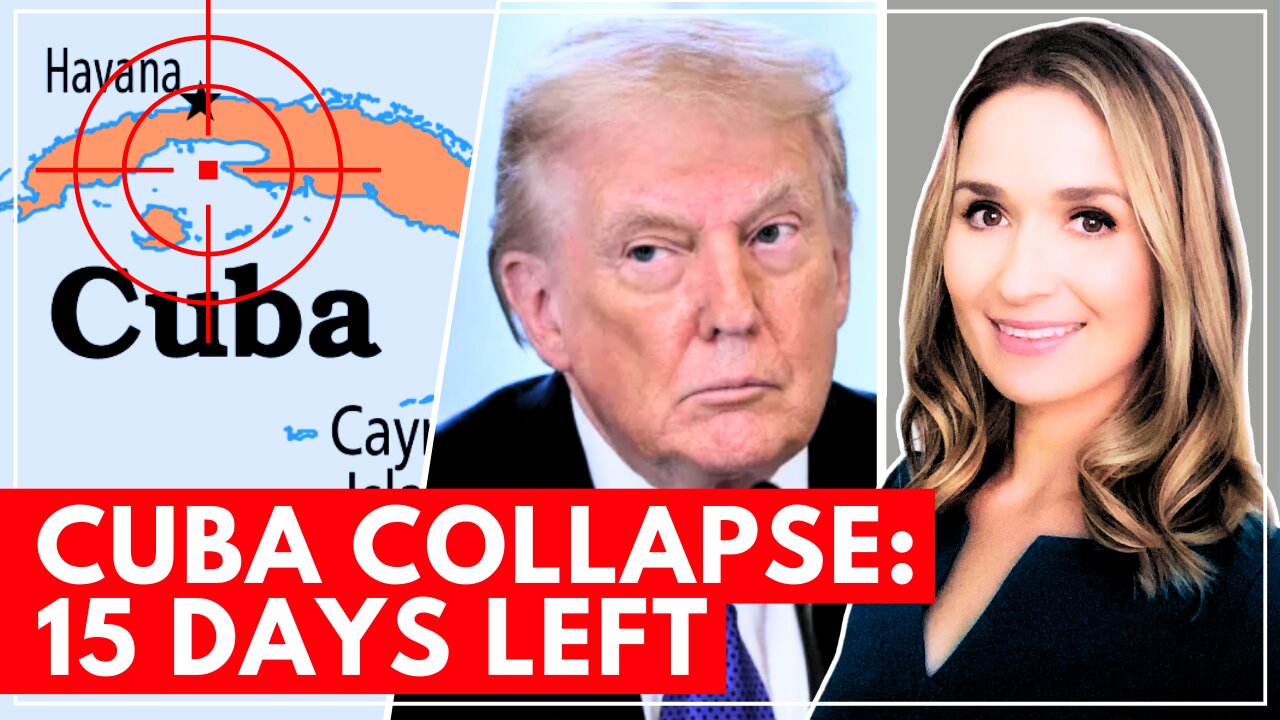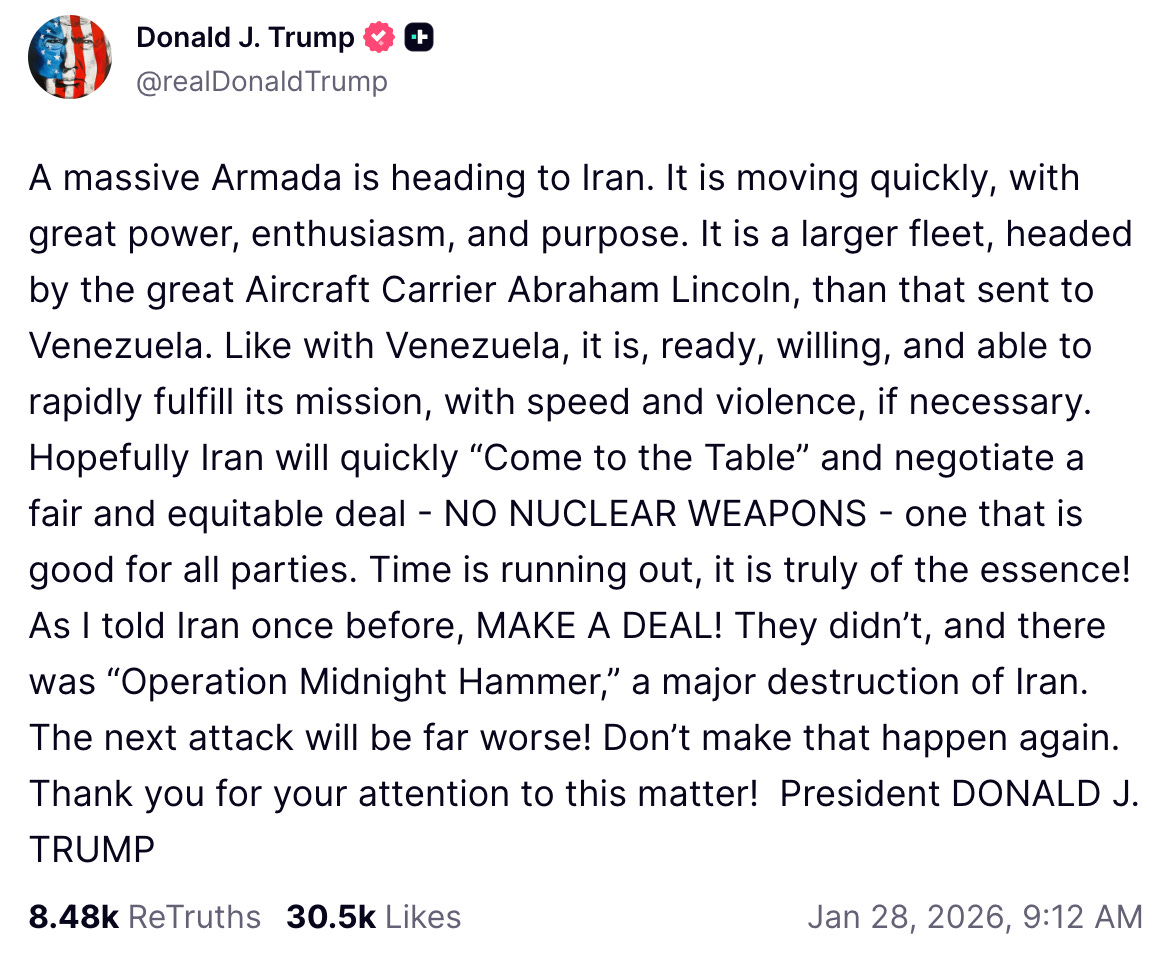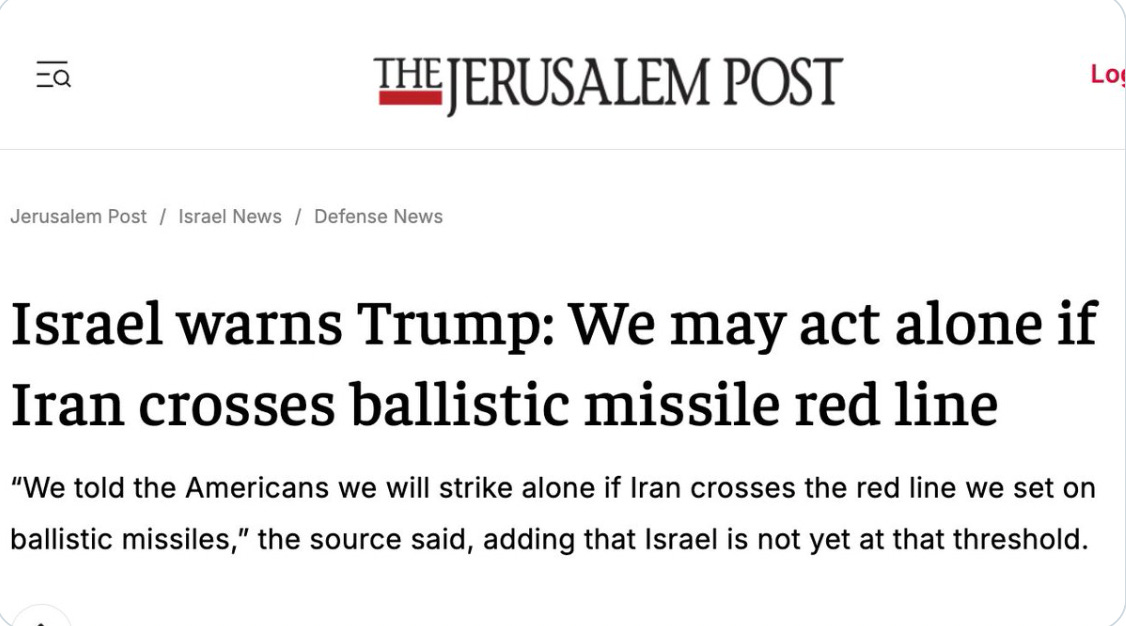Note From Glenn Greenwald: The following is the full show transcript, for subscribers only, of a recent episode of our System Update program, broadcast live on Rumble on Tuesday, February 14, 2023. Watch System Update Episode #41 here on Rumble.
In this episode, we take a look at Senator Josh Hawley, the Missouri Republican, who has long supported the conservative view on culture war issues, that parental rights are sacrosanct and that it should be parents, not the state or school bureaucrats, who decide what American children learn about social, cultural and religious debates and how they learn about them. Yet this week, Senator Hawley has introduced a new law that would deprive America's parents of the right to decide for their own children when and how those children can start using social media and replace that parental decision-making power with a blanket rule from the state that bans social media from allowing any children under the age of 16 to use social media, even if their own parents believe they are ready to use it. We'll examine the values in conflict as a result of Senator Hawley's bill and whether it can be reconciled with the banner of parental rights, which the American right has been waving as part of the culture wars.
For now, welcome to a new episode of System Update starting right now.
Monologue:
Many of the most inflammatory culture war issues over the last several years have involved fights over what children should and should not be taught in public schools about highly contested questions regarding history, race and gender ideology. But a related dispute is whether communities and parents are acting recklessly – or even endangering children – by allowing them to attend so-called drag shows or read books about LGBT history and how to understand their own gender.
When these controversies began receiving significant public attention a few years ago, conservatives – often led by Florida Governor Ron DeSantis – waved the banner of parental rights. They objected to children being taught – or indoctrinated with – highly disputed beliefs about social issues. Aside from arguing that schools should focus on teaching students the traditional subjects they need to advance in their education and prepare themselves for the adult world – English, mathematics, science, geography, chemistry, algebra and the rest – opposition to much of the curriculum centered on the view that the responsibility to decide what children learn about political and social issues – and how they learn it – should rest with parents and not with school bureaucrats or elected officials using the force of law.
In March of last year, Governor DeSantis published an announcement on his official website under this title: “Governor Ron DeSantis Signs Historic Bill to Protect Parental Rights in Education.” The announcement emphasized that value over and over – parental rights - in announcing, in the governor's words, that he had signed
House Bill (HB) 1557, Parental Rights Education, which reinforces parent's fundamental right to make decisions regarding the upbringing of their children”.
The bill prohibits classroom instruction on sexual orientation or gender identity in kindergarten through 3rd grade and prohibits instruction that is not age appropriate for students and requires school districts to adopt procedures for notifying parents if there is a change in services from the school regarding a child's mental, emotional or physical health or well-being.
The Bill builds on the Parents’ Bill of Rights, which was signed into law in Florida last year, and as part of Governor DeSantis’ Year of the Parent focus on protecting parental rights in education.
Parents’ rights have been increasingly under assault around the nation but, in Florida, we stand up for the rights of parents and the fundamental role they play in the education of their children”, said Governor Ron DeSantis. “Parents have every right to be informed about services offered to their children at school (Florida Governor’s Office. March 2022).
As that passage demonstrates, the banner of parental rights has been the one most frequently waved by conservatives in these culture war debates. It is the parent's right to decide what social, cultural, and religious influences their kids are exposed to – or not exposed to – and not the role of the state and its educational bureaucracy to decide that for the parents.
Yet, now, Josh Hawley, the Republican senator from Missouri, who has been an outspoken advocate of the right's views in many of these culture war issues, often waving the banner of parental responsibility and parental rights himself, has introduced a bill this week that seems to me to do the opposite. That bill would deny parents the right to decide when and how their children can use social media and instead transfer the responsibility to make that decision away from the parents and onto the state.
As Fox Business reports today about this bill,
Missouri GOP Senator Josh Hawley has introduced a pair of bills aimed at protecting kids online – one that would implement an age requirement for social media usage and another that would study the harmful impact of social media on children. The first bill titled the Making Age-Verification Technology Uniform, Robust and Effective Act (MATURE Act) […]
He went out of his way to create this acronym: MATURE Act
[…] would place a minimum age requirement of 16 years old for all social media users, preventing platforms from offering accounts to those who do not meet the age threshold (Fox Business. Feb. 14, 2023).
Hawley’s other measure, titled The Federal Social Media Research Act, would commission a government report on the harm of social media for kids. That study, according to the senator's office, would examine and “track social media's effects on children over 10 years old.”
I don't think anybody objects to a study to understand how this technology that is still quite new in our lives and continuously evolving – social media – is impacting the nation's children. I don't think many people would object to that; I know I wouldn't. The question of the other bill, however, I find much more difficult to grapple with, which is the idea that there should be a minimum age that applies nationally, to every community, to every state, and to every family, that prohibits any children under the age of 16 from using social media – even if you, as the parent of your children, conclude that your children are ready and able to use social media at the age of 13 or 14 or 15 with whatever guidelines and limits you decide are necessary for them to do that.
Under this bill, Josh Hawley is taking away the power for you to decide for your own children at what age they are able to use social media and replacing your decision-making power with that uniform minimum law from the federal government that says that it shall be illegal in essence, for social media companies to remit children under the age of 16, to use Twitter, Facebook, Instagram, TikTok and the rest.
Before delving into what I think are some interesting and difficult questions raised by this law, let's listen to Sen. Hawley himself at a hearing today in the Senate in which he defends his own bill and has an exchange with the witness he believes illustrates the need for it.
(Video 12:44)
Sen. J. Hawley: It wasn't until Carson was a freshman in high school – was about 14, I would guess – that we finally allowed him to have social media because – this is what caught my attention – that was how all the students were making new connections. Could you just say something about that? Because that's the experience, I think, of every parent. My kids are, my boys are ten and eight, and they're not on social media yet. But I know they'll want to be soon because they'll say, “Well, everybody else is on it.” So, could you just say a word about that?
Witness: Yes. Thank you. We waited as long as we possibly could, and we were receiving a lot of pressure from our son to be involved. I think – and I hear this a lot from other parents – you don't want to isolate your kid either. And so, we felt by waiting as long as possible, talking about the harms – don't ever say anything that you don't want on a billboard with your name and face next to it, that we were doing all the right things and that he was old enough. He was by far the last kid in his class to get access to this technology. Yet this still happened to us.
Sen. J. Hawley: Yeah, that's just incredible. Well, you were good parents and you were a good mother. Incredibly good mother, clearly. This is why I support and have introduced legislation to set 16 years old as the age threshold for which kids can get on social media and require the social media companies to verify it. I heard your answers.[…] I just have to say this, as a father myself, when you say things like, well, the parents really ought to be educated. Listen, the kids’ ability and I bet you had this experience, the kid's ability to figure out how to set what's on this phone. And my ten-year-old knows more about this phone than I know about it. Already. What's going to be like in another four years or five or six years, like your son?
So, I just say, as a parent, it would put me much more in the driver's seat if the law was “You couldn't have a phone. I'm sorry you couldn't get on social media till six”. I mean, that would help me as a parent. So that's why I'm proposing it. Parents are in favor of it. I got the idea from parents who came to me and said, Please help us. You know, please help us. And listen, I'm all for tech training. It's great. But I just don't think that's going to cut it. So, I've introduced legislation to do it. Let's keep it simple. Let's just, let's put this power in the hands of parents. I'd start there.
I'm really confused by that last part where he said, “let's put the power in the hands of parents,” because what he's doing is clearly the opposite. He's taking away the power of parents to decide when their own children can go on social media or not.



















